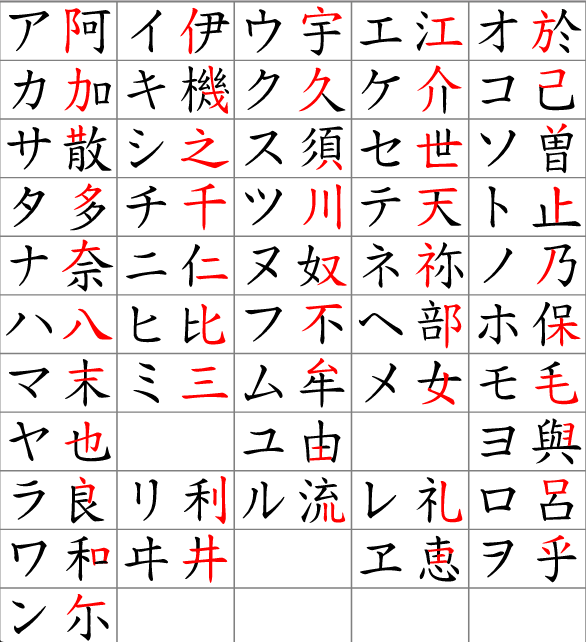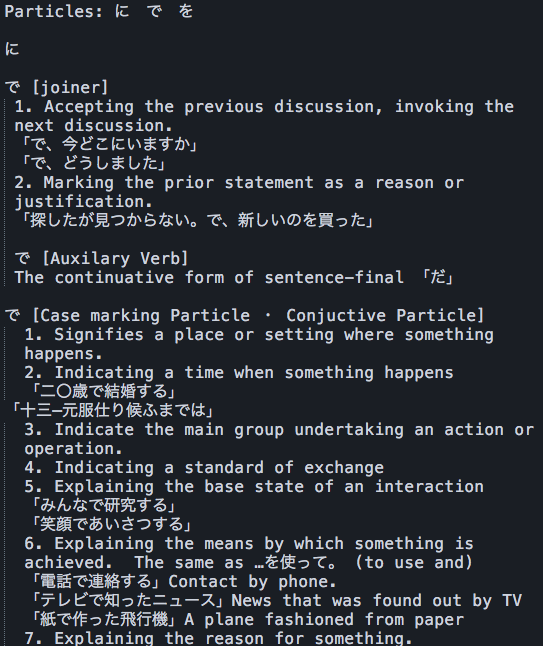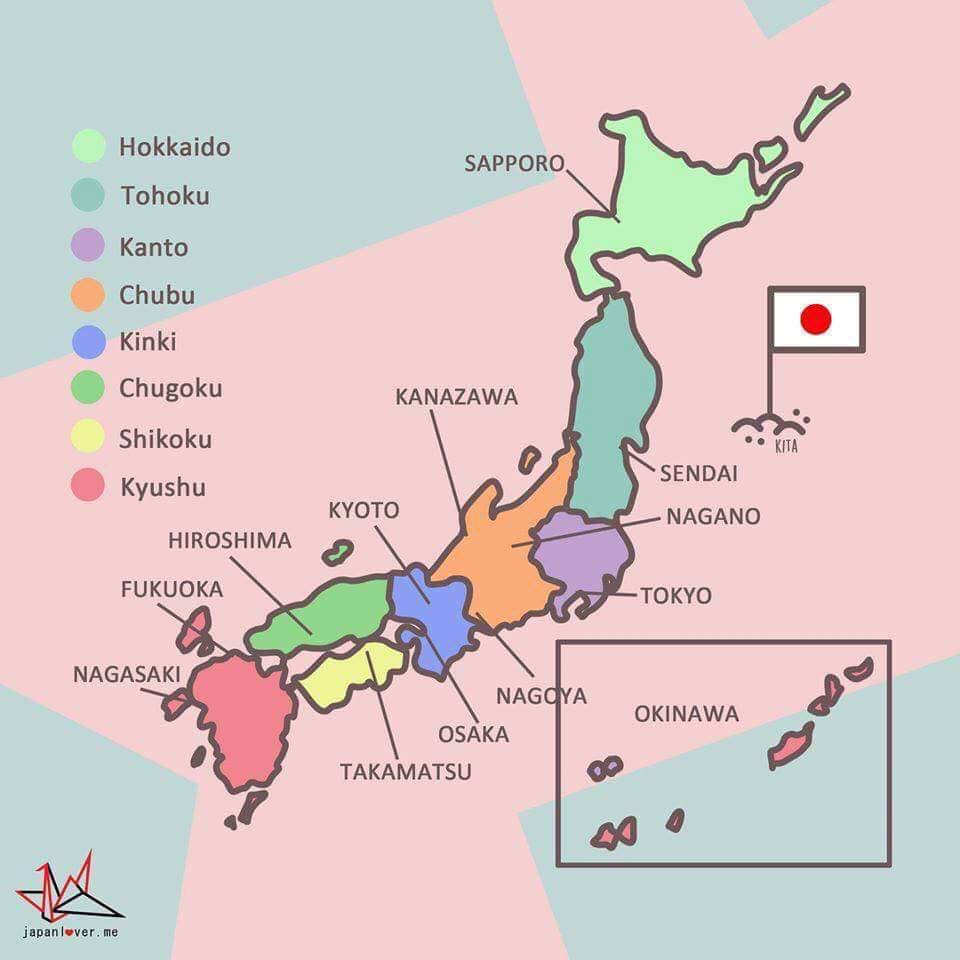Thirty years of linguistics theory culminates in an approach synthesized for highly effective learning.

The trends of the modern-day era expire daily, and it is often in the guise of research that new media hit the streets of the world of academia. However, scholarly articles may not present new truths but they do solidify the world of truths-apparent 明らかな真実 vérités apparentes that end up becoming established tokens of domains and professions.
In Anticipation of such Unified Notions in Language Learning we present some ideas on what Constitutes Fluency and also how to rapidly acquire a strong sense of confidence in fluency.
We identify two basic topics: Comprehension (understanding) and Generation (creation, writing, speaking) that can be used to categorize all aspects of Language Learning in a rough, binary way.
We further our classification scheme through the Five Factors of Fluency:
- Grammar Situation
- Language Anticipation
- Pitch, Flow, Rhythm, Cadence
- Mouth Shape, Lip Readability, Facial Patterns
- Vocabulary
Furthermore, we use advanced techniques typically only available to bilingual and trilingual learners, to provide metalinguistic insights into language acquisition.
By creating an environment with curated examples that allows meaningful language blending in interactive exercises (quizzes and drills), we create a language learning platform unlike any other.
Many language learning platforms are able to create small advances in one’s understanding. However, only a comprehensive platform can really guarantee well-rounded progress. Without a definite starting point and finish line, it’s easy for a platform to promise the world and deliver a grain of sand.
In order to learn a language fluently, it’s important not to restrict the flow of information to language learners. That is why fundamental grammar pieces must be clearly defined early on. Even if grammar can be composed in many complex fashions, you must assume your audience is intelligent and capable. The method of progress must show the overall big picture and then focus on small, digestible samples that garner confidence and understanding.
Our platform has been designed to introduce concepts broadly, and focus on perfecting one’s understanding on a sharp angle. For example, Japanese Complete teaches from native Japanese dictionary entries (that have been translated) in order to provide a faithful assessment of the grammar phrase or word we are teaching.
In these cases, there can be multiple senses of a word, sometimes 5 or more in the dictionary, that we introduce. We continue to teach the lesson focusing on one particular sense that tends to encapsulate the rest. In this way, we are showing the tremendous variety of the Japanese language in addition to creating a digestible path for fluency acquisition.
Overall, the main idea is creating a strong sense of Anticipation for good language formation and creating a strong intuition for the language. Cultural exposure can only really be guaranteed first person, but we do create interesting experiences by providing valuable resources depicting native Japanese culture and lifestyle.

In general, what are the techniques everyone can use to acquire a language quickly?
- Relentless Repetition of Foundational Songs or Phrases
- Writing Practice that Stresses Mindful Application (take your time)
- Making flash-cards that you carry with you and look at any spare moment.
- Rejoicing in any progress made and making definite goals.

Avoid Shock to the System
The youngster and the Wise person both go swimming, but where the young person jumps into the frozen lake suddenly, the Wise old person took a super cold shower 4 hours earlier at home.
Diving in, having prepared, is not a shock to the system.
In reality, it’s easy to shock the system. Shocks to the system are somewhat contrary to longevity and longterm flourishing. So, it’s better to practice lightly with great frequency. Gradually gradually we build the strong neuronal connections that make language quick, automatic, and natural.
” make language quick, automatic, and natural.”

Language is a wonderful and complex phenomenon that encapsulates whole swathes of humankind. It’s a bit bombastic to guarantee fluency when people have varying abilities and propensities, but we believe Japanese is such a logical, beautiful, and concise language any adult learner of decent intellect and strong ambition can learn it in a few years. Our curriculum is designed to give you eyes and ears for a culture otherwise inaccessible without years of dedicated study and effort.
The journey of language mastery is not an empty promise, it is a real and attainable goal possible through effort and joyful exertion. This is true of every language, not just Japanese.

Biologically speaking
the human brain is capable of voracious organization and garbage collection. When one is learning a language, the human brain is effectively coming across new gibberish on a daily basis and actively discarding it to do you a favor for processing speed. Generally, the brain abhors new information, and unless you make an active and strong intention to retain information, it will simply get swept away with the nightly cleanse.
However, something miraculous happens with language blending. When the brain is long-term exposed to gradual amounts of the new language, interspersed with metalinguistic insights, the brain cannot help but create strong new connections to foreign territory.
Typically, as an adult learner, new languages allocate entire new chunks of brain as new territories claimed like settlers founding novel cities and provinces.
By crossing languages meaningfully, the access pathways in the brain are reaffirmed again and again, resulting in faster and faster availability for new language regions.
At Japanese Complete, we are very interested in the habits of successful language learners, and wish to offer the world top-level advice and curricula for language acquisition.
Thanks a lot for reading, if you want to learn Japanese get a Supporter Subscription for 83% off the annual rate while they are available until November 31st, 2019.
